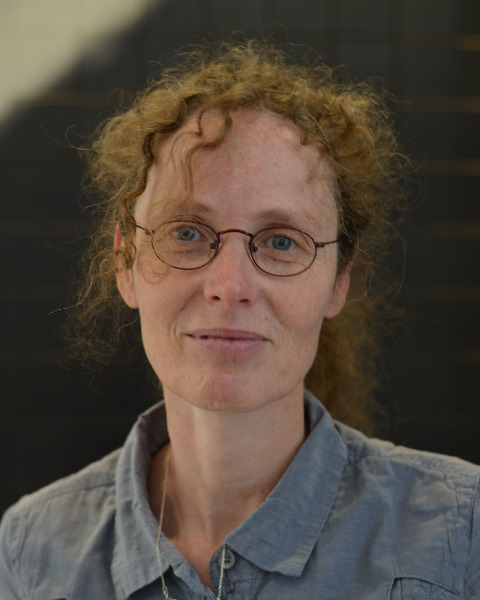Back
Systematics, Evolution, and Biodiversity
Section Symposium
Inspirational Advances in Social Insect Evolution via Integrative Omics Approach On-Demand Presentations
Omics approaches into aging research across a sociality spectrum: Insights from termites
On-Demand

Judith Korb (she/her/hers)
Prof. Dr
University of Freiburg
Freiburg, Baden-Wurttemberg, Germany
Presenting Author(s)
All termites are considered eusocial because of the presence of sterile soldiers. However, the degree of sociality differs considerably regarding workers and the associated social complexity of colony organisation. In wood-dwelling termite species that have small colonies, workers are totipotent immatures from which all reproductives develop. By contrast, workers of the so-called higher termites (Termitidae) are sterile and live in complex colonies with millions of individuals. With the degree of sociality, caste-specific aging seems to change. Workers become shorter-lived while the lifespan of reproductive queens and kings increases.
We are studying aging across the sociality spectrum in termites. Applying genomic and transcriptomic approaches in experiments that also measure fitness proxies, we aim to unravel proximate mechanisms of aging and lifespan. I will present results that indicate a re-wiring of the central molecular axis underlying life history regulation in termites compared to other insects. I will also address how and why sociality affects ageing in termites. Our research contributes to understanding the factors regulating different aging patterns across the tree of life.
We are studying aging across the sociality spectrum in termites. Applying genomic and transcriptomic approaches in experiments that also measure fitness proxies, we aim to unravel proximate mechanisms of aging and lifespan. I will present results that indicate a re-wiring of the central molecular axis underlying life history regulation in termites compared to other insects. I will also address how and why sociality affects ageing in termites. Our research contributes to understanding the factors regulating different aging patterns across the tree of life.

